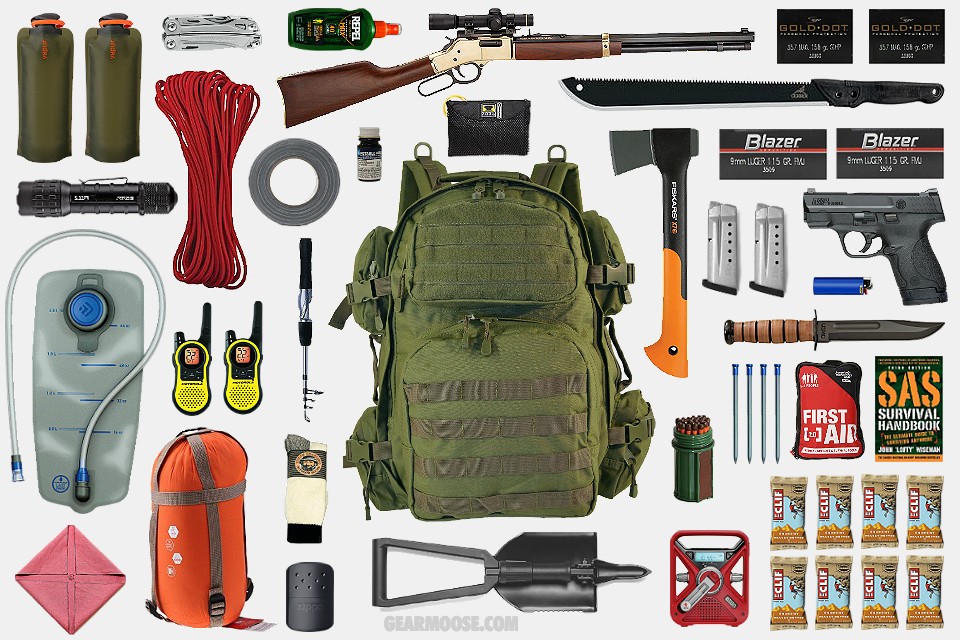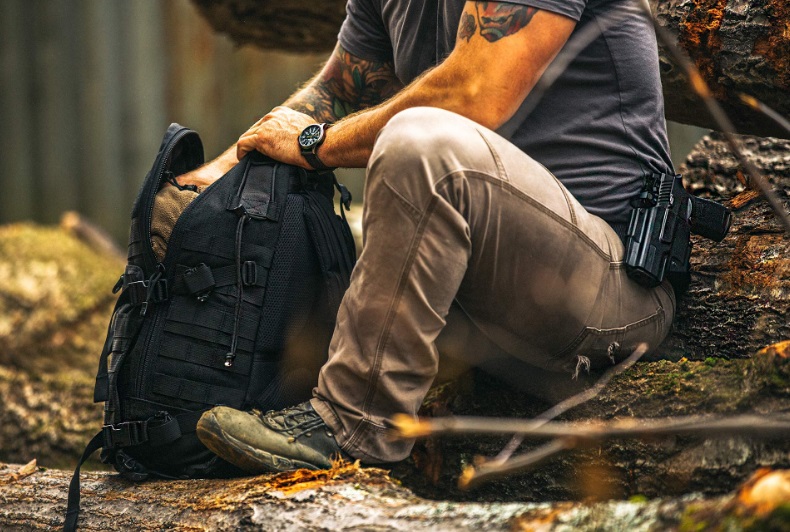Always keep these 4 essential oils in your survival kit
05/02/2018 / By Vicki Batts

Essential oils are gaining in popularity, finally beginning to get much-deserved recognition for their health benefits. But with so many options, it can be hard to narrow down which oils are the best fit for your needs. And when you’re prepping a survival kit, less is often more — especially when space is limited. So, here is a short list of some great essential oils to select for your survival kit (and your everyday medicine cabinet, too).
1. Tea Tree Oil
Tea tree oil, also known as melaleuca oil, has long been used for a variety of medicinal uses and health benefits. For example, it makes a great sanitizer and can be used as an antiseptic wash to cleans minor wounds, like scrapes and small cuts. To disinfect a cut, it’s suggested that you mix one drop of tea tree oil with a teaspoon of coconut oil, and apply the salve to the affected area. In addition to cleaning the wound, tea tree oil is thought to help encourage healing, too.
Tea tree oil also has cosmetic uses; it can be used as a deodorant, and to help fight conditions like acne and dandruff. However, some precautions must be taken, as undiluted tea tree is quite powerful and can be irritating to sensitive skin. Furthermore, it should never be consumed; taken orally, it can be quite toxic.
2. Robber’s blend oil
Robber’s blend is perhaps one of the best disinfectants you can keep on hand; Survivopedia.com even ranks it above tea tree oil and other essential oils for this purpose. Robber’s blend is a mix of eucalyptus, clove bud, lemon, cinnamon and rosemary oils.
One of this blend’s strongest points is its ability to ward off illness. Not only can it be used to clean and disinfect surfaces, it can be applied to the skin as a sanitizer, as well. It can even be applied under the nostrils to prevent infection when you’re around other individuals who are sick. It’s said to protect against colds, flu, bronchitis, sinusitis, pneumonia, sore throat and other ailments.
3. Lemongrass oil
Lemongrass is revered for its myriad of health benefits: In addition to being a powerful anti-inflammatory agent, it boasts antimicrobial properties and is highly regarded for its ability to help reduce fevers. In the case of a high fever, sources suggest that combining a few drops of lemongrass oil and coconut oil will make a fever-reducing salve that can be applied to the neck, chest and soles of the feet. This mixture is said to safely help lower the body’s temperature.
Taking a drop of lemongrass oil with a glass of water is also thought to help flush toxins from the body. Lemongrass is also thought to help reduce water retention and relieve muscle soreness. Additionally, lemongrass can be used to help relieve headaches, and is a great insect-repellent for both humans and dogs. Humans can use a combination of lemongrass oil and a carrier oil, like olive oil, to rub on the exposed parts of their body for relief from biting bugs. For dogs, you might try applying a few drops of lemongrass to a bandanna tied around your pup’s neck to repel mosquitoes and other critters.
4. Lavender oil
Last, but certainly not least, we have lavender oil. One of the most commonly known uses for lavender is relaxation, but it can do so much more than that. In an aromatherapy capacity, lavender is known for helping to reduce feelings of depression, anxiety and stress. It can also help to fight against insomnia and other sleep issues by promoting deeper sleep.
But it’s benefits don’t end with aroma: Lavender oil can be used topically to help soothe skin irritations, heal cuts and burns, and reduce inflammation. With its high antioxidant content, lavender oil can also help support the health of your immune and nervous systems.
Learn more about the benefits of these ancient medicines at EssentialOils.news.
Sources for this article include:
Tagged Under: alternative medicine, bug out bag, emergency medicine, essential oils, Gear, natural medicine, natural remedies, off grid, Off Grid living, prepping, survival kit



















